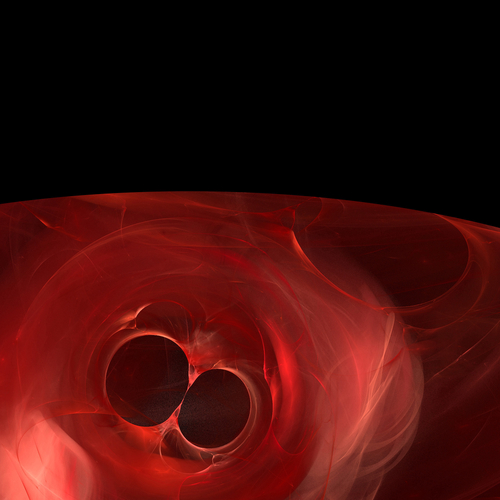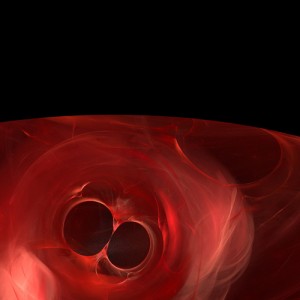Chronic Cerebrospinal Venous Insufficiency Is Not a Cause of Multiple Sclerosis
Written by |

 Charles Moore, Science and Research Editor of Multiple Sclerosis News Today, recently reported two controversial, potential treatment options for multiple sclerosis. The first, “liberation therapy,” was conjured by Dr. Paolo Zamboni in 2009, and new evidence published in Canadian Medical Association Journal (CMAJ) shows it may be futile in treating multiple sclerosis.
Charles Moore, Science and Research Editor of Multiple Sclerosis News Today, recently reported two controversial, potential treatment options for multiple sclerosis. The first, “liberation therapy,” was conjured by Dr. Paolo Zamboni in 2009, and new evidence published in Canadian Medical Association Journal (CMAJ) shows it may be futile in treating multiple sclerosis.
“Liberation therapy” is designed to address chronic cerebrospinal venous insufficiency (CCSVI), a condition of compromised blood flow in veins flowing away from the central nervous system. The controversy lies in whether or not CCSVI causes multiple sclerosis, which makes the “liberation procedure” to open veins and improve blood flow a potentially unnecessary hazardous procedure.
The CMAJ study, led by principal investigator Dr. Michael Hill and lead author Dr. Fiona Costello from the University of Calgary, seems to have settled the controversy. The researchers involved found no difference in venous outflow abnormalities between control participants and multiple sclerosis patients. According to a press release, Dr. Costello said, “We detected no link between chronic cerebrospinal venous insufficiencies and multiple sclerosis.”
Sixty healthy controls and 120 multiple sclerosis patients were monitored for CCSVI using gadolinium-enhanced magnetic resonance venography and extracranial Doppler ultrasonography. Trained radiologists, who were unaware of the health status of participants, used the proposed criteria for CCSVI to diagnose CCSVI. In both samples, high proportions of participants were diagnosed with CCSVI: 58% of patients and 63% of controls met one or more of the criteria, and 20% of patients and 10% of controls met two or more of the criteria. The differences were insignificant.
[adrotate group=”4″]
“We also identified several methodologic concerns that challenge the validity of the criteria used to define chronic cerebrospinal venous insufficiency, and in turn we dispute the authenticity of this diagnosis,” said Dr. Costello. Therefore, more harm than good may come from a diagnosis of CCSVI using the currently proposed criteria.
For the more than 2.3 million multiple sclerosis patients worldwide, this may mean one less treatment option. However, a wide range of therapeutics are pursued constantly, and hematopoietic stem cell transplantation, as reported by Charles Moore, may be another feasible option.


